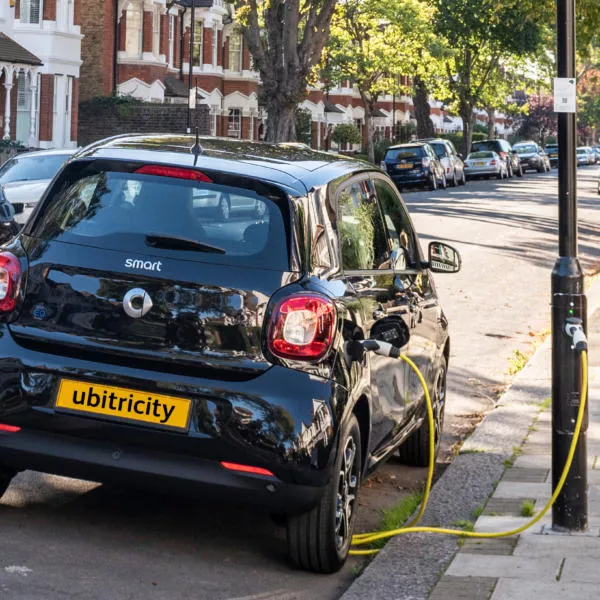According to foreign media reports, a new study shows that almost half of British car owners will not consider buying electric vehicles because they are worried about the vehicle's range and charging convenience. A study of more than 1000 Britons by insurance company NFU mutual found that 45% of respondents said they would not consider replacing gasoline or diesel vehicles with electric vehicles in the next decade.

Of all respondents, 58% said that the mileage was the main reason why they did not consider buying electric vehicles. Similarly, 58% mentioned the lack of charging stations. In addition, about 44% of respondents said that the long charging time was also one of the main reasons why they gave up buying electric vehicles.
However, 29% of respondents said they would consider buying electric vehicles in the next five years, and 16% said they would consider buying electric vehicles in the next ten years. At the same time, 7% said they would consider buying hybrid vehicles, but would not consider pure electric vehicles.
The uneven distribution of charging stations leads to different attitudes of consumers in different regions towards electric vehicles. Only 47% of London respondents said that the lack of charging stations was the main reason why they gave up electric vehicles; In eastern England, the figure rose to 70%; In Wales and Northern Ireland, 68% and 65% of respondents gave up electric vehicles because of the lack of charging stations, respectively.
The situation of endurance anxiety is similar. 48% of respondents in London give up buying electric vehicles because they are worried about mileage, compared with 72% in East England, 70% in Wales, 69% in southwest England and 68% in Northern Ireland.
Andrew chalk, an auto insurance expert at NFU mutual, said: "There is also something exciting about this study, which is that 52% of Britons are considering buying electric or hybrid vehicles in the next decade. Although the vast majority of people will not consider switching to electric vehicles at present, we believe that if the charging infrastructure continues to grow at the current rate, especially in areas with low population density, more and more people will begin to accept electric vehicles."